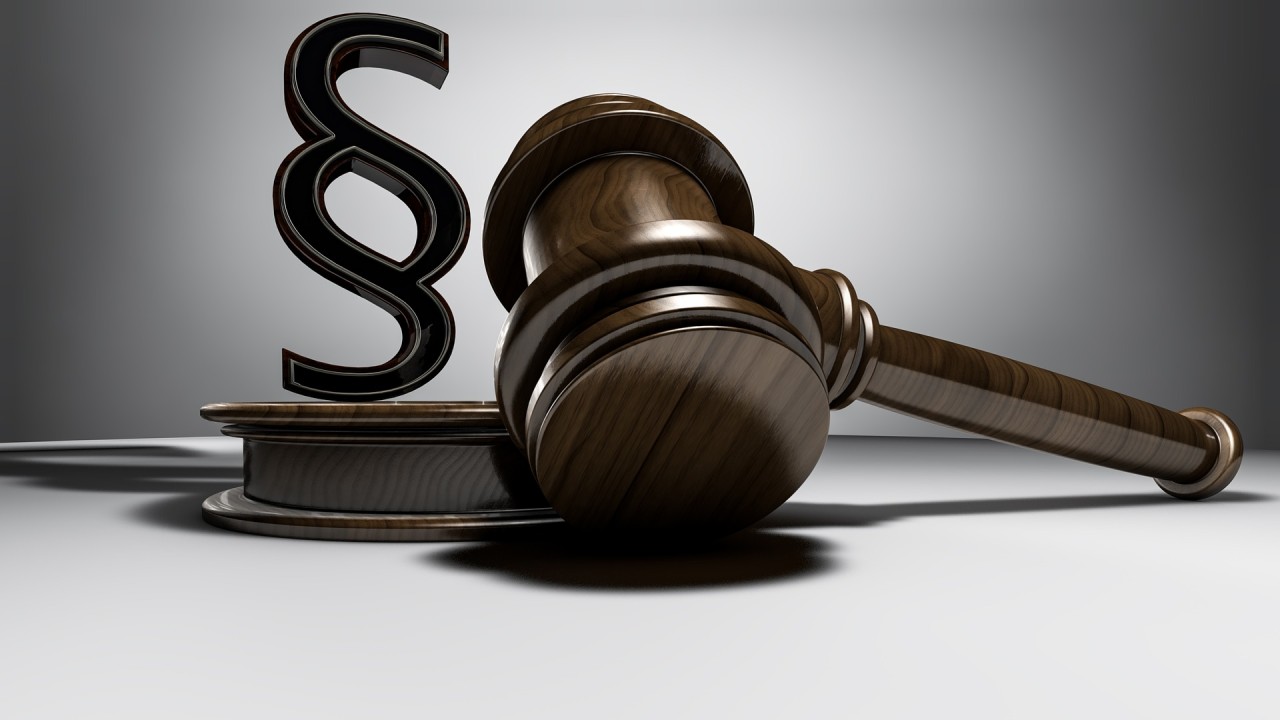This appeal over attorney fees concerns thorny issues of appealability. In Doe v. Westmont Coll. (D2d6 Jan. 25, 2021) No. B303208, the Second District rejected the college's arguments that the fee order was not appealable. Even though the fee motion had been made and denied previously, the court noted the second fee motion raised new issues, including seeking fees for a subsequent successful appeal. This opinion seems to differ slightly from a Fourth District opinion in Apex LLC v. Korusfood.com (D4d3 2013) 222 Cal.App.4th 1010 (see here).
Here is what happened in Westmont College.
In a prior opinion, a Westmont College student who was suspended due to sexual harassment charges filed a successful petition for writ of mandate in the trial court reversing the suspension, on grounds he was denied a fair hearing. After the college unsuccessfully appealed, it decided simply to vacate the findings against the student rather than conduct the required hearing. The successful student then moved for his attorney fees.
The trial court denied the student's fee request, finding fees not supported under Code of Civil Procedure section 1021.5 because the student's case was "personal." To the extent his efforts conferred a significant benefit on a large group of people, that was only because the college had appealed and lost. Thus, awarding fees would amount to a punishment for exercising the right to appeal.
The Second District reversed, holding the trial court had failed to engage in required portions of the analysis under section 1021.5. Failing to exercise discretion is an abuse of discretion.
Section 1021.5 provides fees to a successful party whose action "resulted in the enforcement of an important right affecting the public interest." The statutory inquiry requires the court to find that "(a) a significant benefit, whether pecuniary or nonpecuniary, has been conferred on the general public or a large class of persons, (b) the necessity and financial burden of private enforcement . . . are such as to make the award appropriate, and (c) such fees should not in the interest of justice be paid out of the recovery, if any." (§ 1021.5.)
Specifically on the question of "necessity and financial burden of private enforcement," a trial court is required to examine two prongs: the adequacy of public enforcement, and the financial burden of private enforcement.
Here, "[t]he trial court examined neither of these prongs when it denied John's motion. . . . That alone was an abuse of discretion." (Citing Robinson v. City of Chowchilla (2011) 202 Cal.App.4th 382, 391.)
The court also addressed some thorny issues of appellate procedure, including an issue on which there currently is a split of authority.
First, the college argued that while a post-judgment fee order is appealable, a post-appeal fee order is not. Here, the student's fee motion was based on having prevailed in a prior appeal. An order denying a fee motion ordinarily is appealable as an order after an appealable judgment (Code Civ. Proc., § 904.1(a)(2).) But here, the college apparently argued that the fee award followed not the student's judgment but his favorable appellate opinion.
A similar issue came up in Apex LLC v. Korusfood.com (D4d3 2013) 222 Cal.App.4th 1010, which I wrote about here. In that case, the successful appellant recovered fees after reversing a judgment on appeal. The Fourth District could find "no published decision addressing whether a trial court order granting attorney fees on appeal, made on remand after reversal of the underlying judgment, is directly appealable." So the court there reviewed the order as a collateral order.
The Westmont College court, however, was not vexed by the appealability issue. It cited (Serrano v. Stefan Merli Plastering Co., Inc. (2011) 52 Cal.4th 1018, 1029 for the proposition that a fee award under section 1021.5 may be based on a published appellate decision. But that seems to sidestep the appealability question under section 904.1(a)(2). Serrano held that a published opinion is a factor supporting an award of section 1021.5 fees. But it does not appear directly probative of the appealability question.
The college also argued that the student's fee order was based on a renewed motion for fees, made before the first appeal. Orders on renewed motions, the college argued, are not appealable. And the college has cases to back it up. (See, e.g., Global Protein Products, Inc. v. Le (2019) 42 Cal.App.5th 352, 364; Chango Coffee, Inc. v. Applied Underwriters, Inc. (2017) 11 Cal.App.5th 1247, 1252-1254; Tate v. Wilburn (2010) 184 Cal.App.4th 150, 159-160 (Tate).)
The court agreed that renewed motions "generally not appealable because permitting such appeals might: (1) render "a nonappealable order or judgment . . . appealable," (2) permit a party to "have two appeals from the same decision," or (3) give a party "an unwarranted extension of time to appeal." (Tate, supra, 184 Cal.App.4th at p. 160.)
The court rejected the college's argument, however, because the student here did not make a "renewed" motion. A renewed motion is "a subsequent application for the same order." (Code Civ. Proc., § 1008(b).) The relief sought must be "identical." Here, the student's second fee motion, unlike his first motion, included fees for his successful appeal. The second motion was based on obtained a published decision, unlike his first motion (this is how the fact of the published opinion becomes relevant to the appealability issue). "The postappeal motion thus cannot be construed as a renewal of his preappeal motion."
Moreover, the fee order was a postjudgment order for fees, and such orders "are themselves appealable" under section 904.1(a)(2).
Held: The order on a motion for attorney fees under section 1021.5 following a published appellate court opinion is an appealable order.
Tim Kowal helps trial attorneys and clients win their cases and avoid error on appeal. He co-hosts the Cal. Appellate Law Podcast at www.CALPodcast.com, and publishes a newsletter of appellate tips for trial attorneys at www.tvalaw.com/articles. Contact Tim at [email protected] or (714) 641-1232.

